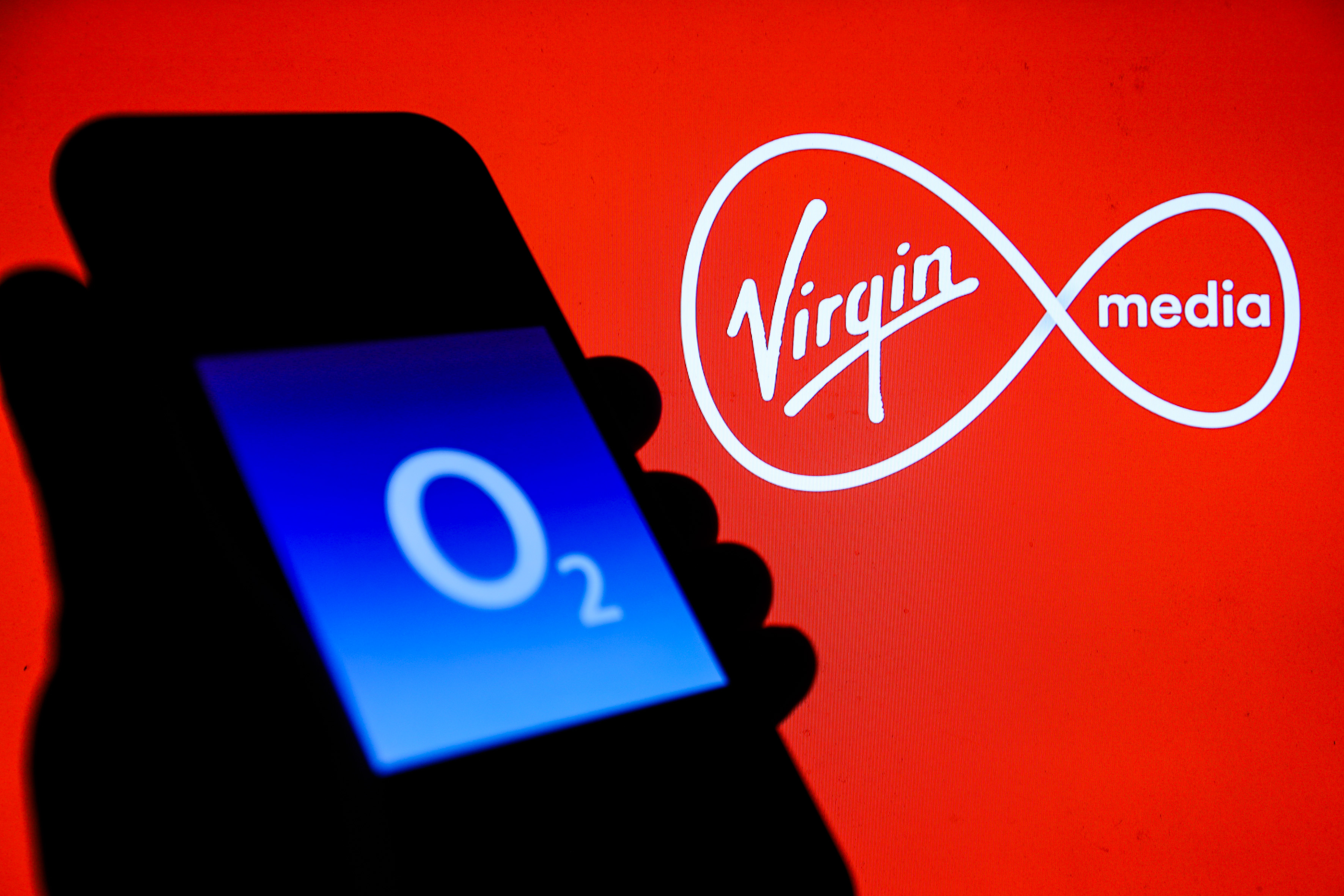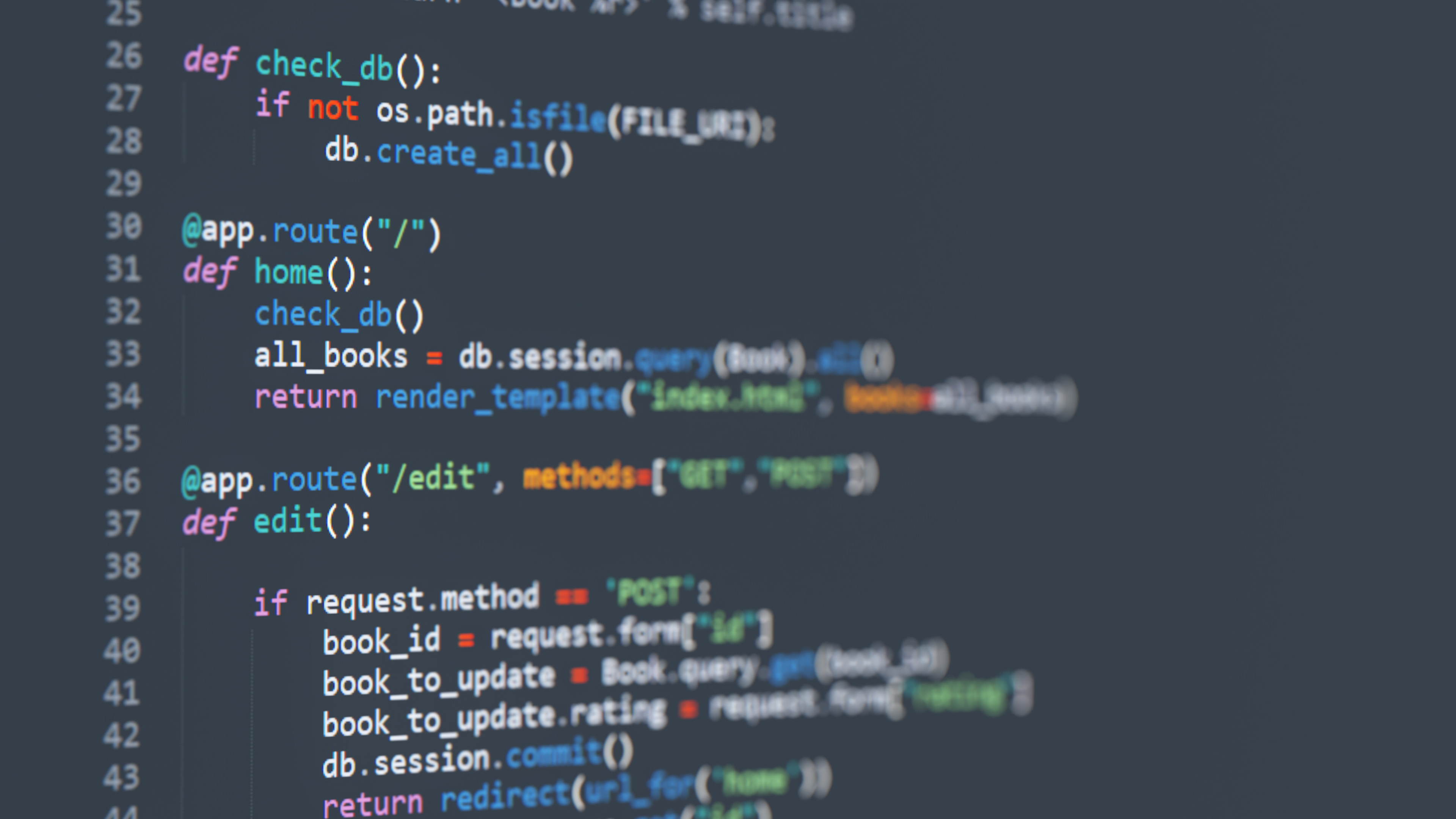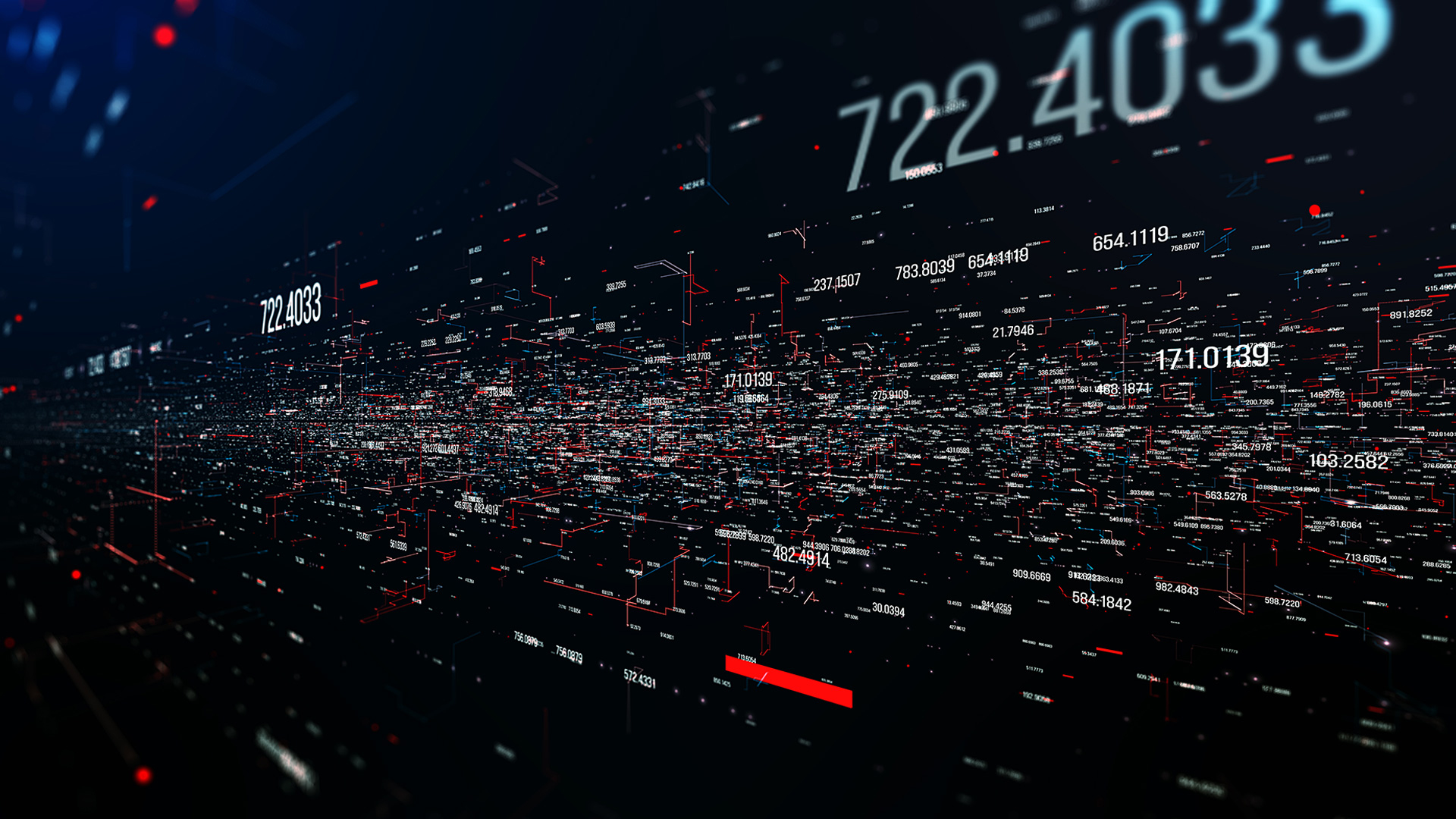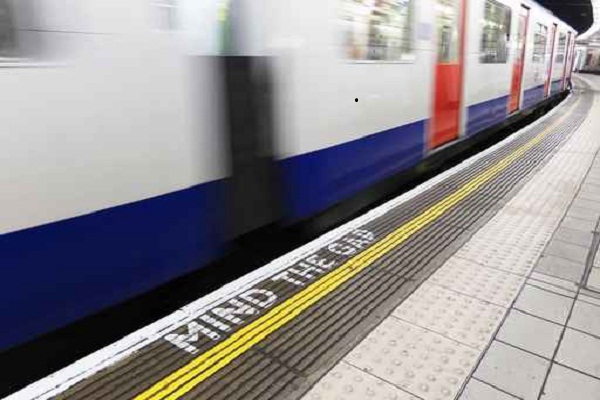TfL will track tube passengers to improve its service
Company will harvest anonymous data from passengers using the free Underground WiFi


Transport for London will start tracking the movements of passengers on the London Underground from next month, the company has announced.
Beginning on 8 July, TfL will begin using the free Wi-Fi service provided throughout the tube network to gather information on the movements of passengers through the system. Anyone that connects to the Wi-Fi will be tracked as part of the scheme. An early pilot was held for four weeks in 2016 across more than 50 tube stations, during which TfL gathered data on more than 42 million journeys.
The aim of the programme will be to give TfL more granular data on passenger movement within stations, allowing them to inform customers more accurately about the state of the network, taking things like foot congestion and overcrowding into consideration, as well as train schedules.
"The benefits this new depersonalised dataset could unlock across our network--from providing customers with better alerts about overcrowding to helping station staff have a better understanding of the network in near-real time -- are enormous," said TfL's chief data officer Lauren Sager Weinstein.
"By better understanding overall patterns and flows, we can provide better information to our customers and help us plan and operate our transport network more effectively for all."
The data will also be made available via TfL's open API, meaning that app developers will also be able to make use of it. Journey planner apps like Citymapper, for example, could direct customers to pick the less overcrowded of two equally fast routes based on this passenger data.
"TfL is a world leader in the use of data to improve services," said London's chief digital officer Theo Blackwell. "Today nearly half of all Londoners use an app derived from TfL's open data feeds. Greater insight into how people use the Tube helps better transport planning but also enables the development of new apps to give customers further advance information about their planned journey in order to plan their best, and least congested route."
Sign up today and you will receive a free copy of our Future Focus 2025 report - the leading guidance on AI, cybersecurity and other IT challenges as per 700+ senior executives
TfL has anticipated the concerns of privacy campaigners around this kind of mass tracking, however, and said that the data-gathering will be secure and privacy-protected. The data will be depersonalised, it said, promising that "individual customer data will never be shared and customers will not be personally identified from the data collected by TfL".
The organisation also noted that it had collaborated with the Information Commissioner's Office on developing the scheme in order to ensure that privacy and transparency concerns were adequately addressed.
Once the system goes into effect, warning notices will be added to TlF's in-station CCTV signage to alert them to the data collection and direct them to where they can find more information.
"While I am excited about the potential of this new dataset, I am equally mindful of the responsibility that comes with it," Weinstein said. "We take our customers' privacy extremely seriously and will not identify individuals from the Wi-Fi data collected. Transparency, privacy and ethics need to be at the forefront of data work in society and we recognise the trust that our customers place in us, and safeguarding our customers' data is absolutely fundamental."
Adam Shepherd has been a technology journalist since 2015, covering everything from cloud storage and security, to smartphones and servers. Over the course of his career, he’s seen the spread of 5G, the growing ubiquity of wireless devices, and the start of the connected revolution. He’s also been to more trade shows and technology conferences than he cares to count.
Adam is an avid follower of the latest hardware innovations, and he is never happier than when tinkering with complex network configurations, or exploring a new Linux distro. He was also previously a co-host on the ITPro Podcast, where he was often found ranting about his love of strange gadgets, his disdain for Windows Mobile, and everything in between.
You can find Adam tweeting about enterprise technology (or more often bad jokes) @AdamShepherUK.
-
 Microsoft unveils Maia 200 accelerator, claiming better performance per dollar than Amazon and Google
Microsoft unveils Maia 200 accelerator, claiming better performance per dollar than Amazon and GoogleNews The launch of Microsoft’s second-generation silicon solidifies its mission to scale AI workloads and directly control more of its infrastructure
-
 Infosys expands Swiss footprint with new Zurich office
Infosys expands Swiss footprint with new Zurich officeNews The firm has relocated its Swiss headquarters to support partners delivering AI-led digital transformation
-
 How Virgin Media O2 saved “millions” by enhancing data center efficiency
How Virgin Media O2 saved “millions” by enhancing data center efficiencyCase Study Reducing data center power consumption forms part of a broader sustainability drive at the telecoms giant
-
 Snowflake aims to keep developers on its platform with general release of Snowpark for Python
Snowflake aims to keep developers on its platform with general release of Snowpark for PythonNews New platform upgrades make it possible to do more on Snowflake's platform throughout the development lifecycle
-
 What are petabytes and just how big are they?
What are petabytes and just how big are they?In-depth Enterprise storage is moving from tera to peta, but what do the terms mean?
-
 TfL to track Wi-Fi connections of London Underground passengers
TfL to track Wi-Fi connections of London Underground passengersNews TfL could increase revenues by showing advertisers where biggest footfall is within stations
-
 Tube customers to be charged for Wi-Fi access from January
Tube customers to be charged for Wi-Fi access from JanuaryNews Meanwhile, Vodafone, EE and Virgin Media customers will still be able to enjoy free internet access on the London Tube network.
-
 London Underground ditches mobile plans
London Underground ditches mobile plansNews Mobile coverage won't be coming to the Underground - at least not in time for the Olympics.
-
 London Underground gets Wi-Fi for 2012
London Underground gets Wi-Fi for 2012News TfL invites bidders to set up Wi-Fi in 120 tube stations by the time the Olympic Games come to town.
-
 Boris brings mobile to tube for 2012?
Boris brings mobile to tube for 2012?News The Mayor of London is reportedly in talks with mobile operators to bring mobile coverage to the London Underground.
